
In 1953, a sensitive French boy finds out from a neighbor that his family’s Jewish. François Grimbert becomes a physician, and gradually peels the layers of his buried family history which resulted in his difficult upbringing, raised as Catholic by his “Aryan” appearing parents. His athletic father labored to stamp out stereotypical Jewish characteristics he perceived in his son, to keep the family’s many secrets, as most relatives fought in World War II, and later were hauled off to labor and death camps by the Gestapo.
You May Also Like

Takatoshi Minamiyama (Sota Fukushi) majors in art at an university in Kyoto. On the train to the school, he sees Emi Fukuju (Nana Komatsu) and falls in love with her at first sight. Gathering up all his courage, he speaks to her. They begin to date and enjoy happy days together, but Emi reveals her secret to him.
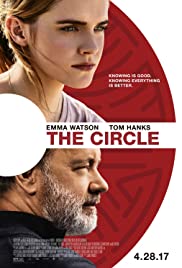
A young tech worker takes a job at a powerful Internet corporation, quickly rises up the company’s ranks, and soon finds herself in a perilous situation concerning privacy, surveillance and freedom. She comes to learn that her decisions and actions will determine the future of humanity.

Andie is a cardiologist who is devastated by the accidental death of a patient. As she and his grieving mother overcome their sorrow through forgiveness, they learn that acceptance leads to hope.

When John Mason’s father is killed, John is wounded. Attracted to his nurse Alice, a conflict arises between him and his friend Ben who plans to marry Alice. John later finds the killer of his father but goes to face him not knowing Ben has removed the bullets from his gun.
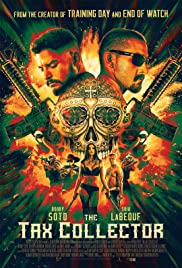
David Cuevas is a family man who works as a gangland tax collector for high ranking Los Angeles gang members. He makes collections across the city with his partner Creeper making sure people pay up or will see retaliation. An old threat returns to Los Angeles that puts everything David loves in harm’s way.
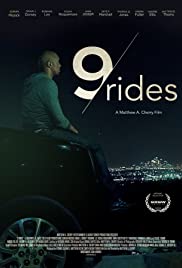

When 43-year-old hairdresser Suze Trappet finds out that she’s seriously ill, she decides to go looking for a child she was forced to abandon when she was only 15. On her madcap bureaucratic quest she crosses paths with JB, a 50-year-old man in the middle of a burnout, and Mr. Blin, a blind archivist prone to overenthusiasm. The unlikely trio set off on a hilarious and poignant helterskelter journey across the city in search of Suze’s long-lost child.

Anmol is made to work as a maid in her own house by her step-mother and step-sisters. Later, a singer falls for her and decides to free her from her evil family.
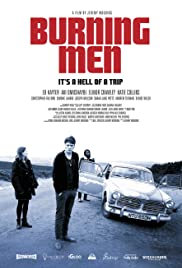
Young, struggling musicians Ray and Don are evicted from their South London squat. They take to the road in their old Volvo Amazon, planning to sell their prized vinyl record collection and fly to Memphis USA. However, when they fail to get the money needed, they steal a rare Black Metal record which seems to unleash dark forces that threaten their mission.
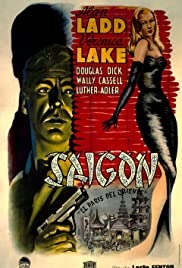
After World War II Larry learns that his flying buddy Mike will only live a short time despite the efforts of the doctors. He takes on a profitable flying job for profiteers Maris to finance a good time for his buddy. As the plane takes off he shoves Maris’ secretary Susan on board. When Mike falls for her, Larry tells her to play along for Mike’s sake. She, of course, falls for Larry.
